From: The Arkham Sessions Podcast, Episode 168: “Loki”
Drea and Brian wrap up their very first Marvel "season" of the podcast with their enthusiastic review of the Disney+ series, Loki. After covering all six films in Phase I of the MCU, they proceed by following the alternate timeline that plucks Loki out of the Endgame timeline and propels him toward his quest for self-discovery and, of course, glorious purpose!
When Loki is arrested by the Time Variance Authority (TVA), an organization that monitors timelines and "prunes" or extracts any outliers (called variants), he learns that his alternate self was headed for destruction and devastation--and straight into the strangling hand of Thanos. Through his guide and department supervisor, Mobius, Loki also learns he was destined to make peace with Thor and achieve his brother's forgiveness before his death. The TVA, however, has a mission for him if he accepts his alternate timeline and works as a specialty agent in their offices. Loki is tasked with hunting a variant of himself who's been uncatchable: Sylvie, a lady Loki who's been hiding in apocalyptic corners of the timeline branches and averting the TVA Hunters for decades. Loki develops a deep connection with his female variant, eventually seeing in her the attributes he has been able to love until now: charm, intelligence, bravery; but also stubbornness, detachment, and fragility. Loki is able to appreciate and accept the flaws within Sylvie which of course are also parts of himself.
In this episode, Drea identifies attributes we see in Loki that are consistent with someone with Borderline Personality Disorder, a mental health condition characterized by difficulties with regulating one's emotions. His mood swings, recklessness, and impulsivity make him hard to be around, and his frequent backstabbing has left loved ones like Thor untrusting and tired of him. Loki's dangerous antics and menacing lifestyle puts others at risk. Like Loki, persons with BPD experience disturbing emotional outbursts such as bouts of uncontrollable anger or rage--often followed by shame and guilt.
Because the Loki series centers on such a character, we begin to experience the disorder intimately: the ups and downs, the self-doubting and the self-sabotaging, and the inability to truly be present with others. Loki's constant morphing and shifting of the self is a magical strategy but a psychological one as well. Confronting Loki with a version of himself allows all to see the challenges related to mistrust, his fragile boundaries, and his inner critic. We also learn that Loki's personality is complex and includes enduring positive traits--Sylvie reminds him that he's clever, playful, persistent, observant, humorous, decadent, and resilient. Loki's love for Sylvie is arguably not incestual but rather indicative of self-compassion, drawing up for Loki the healthy counterarguments to his inner voice that tells him:
I'm unlovable.
I don't belong anywhere.
I'm alone.
Drea and Brian agree that the show helps audiences grow toward understanding and building empathy for all types of "divergent" individuals, helping us see nuanced qualities outside of a narrative of suffering.

